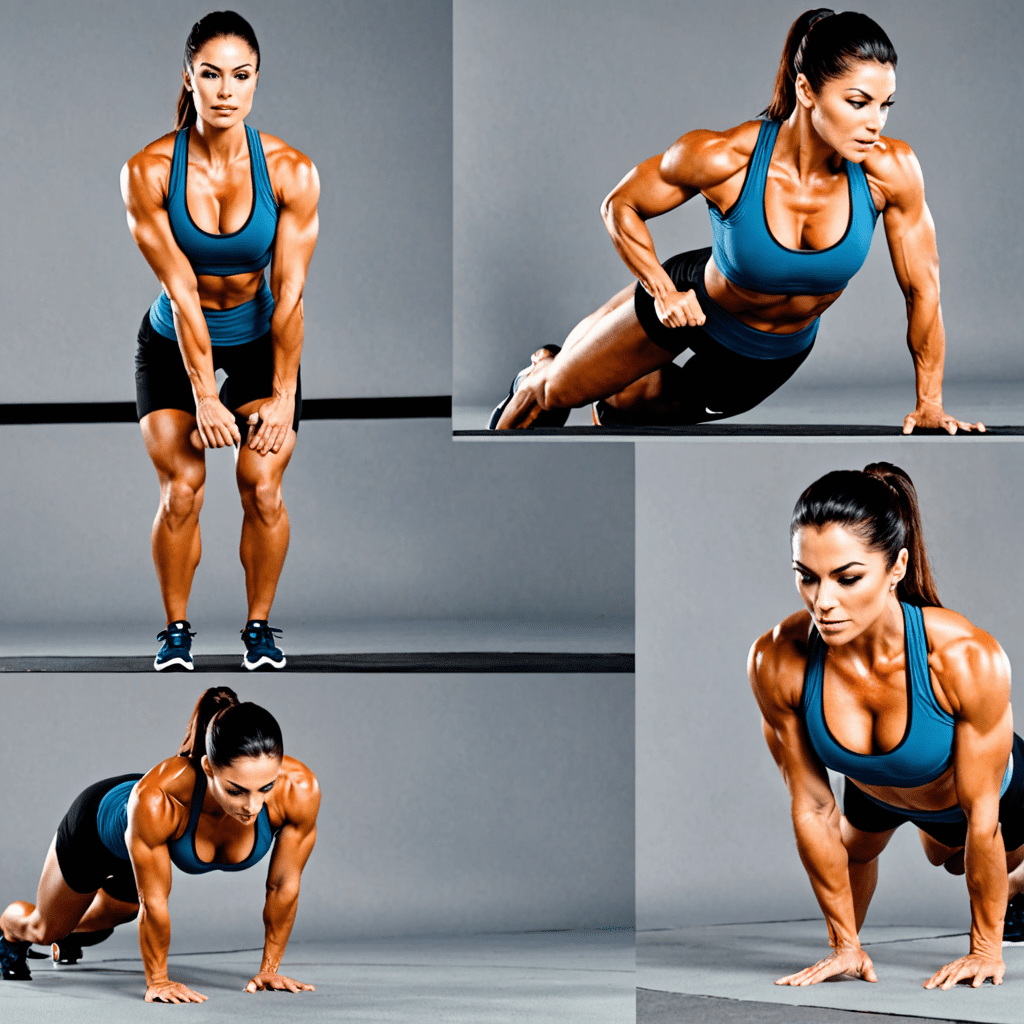
Pregnancy and Bone Health: Exercise Considerations
Introduction
Pregnancy is a time of great change and growth for a woman's body. While many focus on the development of the baby, it's crucial to remember that a mother's health is equally important. One aspect often overlooked is bone health during pregnancy. This article will explore the importance of bone health, the benefits of exercise, and specific exercises recommended for pregnant women.
The Importance of Bone Health During Pregnancy
During pregnancy, a woman's body undergoes hormonal changes that can affect bone density. The increased demand for calcium by the developing baby can lead to bone loss if not addressed adequately. Maintaining good bone health during pregnancy is crucial for preventing future risks of osteoporosis and fractures.
Exercise and Bone Health During Pregnancy
Exercise plays a vital role in maintaining bone health during pregnancy. Weight-bearing exercises, in particular, help strengthen bones and increase bone density. Regular physical activity also improves circulation, muscle strength, and overall well-being.
Benefits of Exercise for Bone Health
- Increased bone density
- Reduced risk of osteoporosis
- Improved muscle strength and balance
- Reduced risk of falls
- Enhanced mood and well-being
Types of Exercise Recommended During Pregnancy
- Weight-bearing exercises: Walking, jogging, dancing, weight training
- Low-impact exercises: Swimming, yoga, Pilates
- Kegel exercises: Strengthen pelvic floor muscles
Safety Considerations for Exercise During Pregnancy
- Listen to your body and stop if you experience any pain or discomfort.
- Avoid strenuous activities and overheating.
- Stay hydrated by drinking plenty of water.
- Consult with your healthcare provider before starting any new exercise program.
Specific Exercises for Bone Health During Pregnancy
Weight-Bearing Exercises
- Walking: A simple and effective way to improve bone density and overall fitness. Aim for at least 30 minutes of brisk walking most days of the week.
- Jogging: A more vigorous form of exercise that can further increase bone density and cardiovascular health. Start slowly and gradually increase your mileage and intensity.
- Dancing: A fun and enjoyable way to stay active and improve bone health. Choose dance styles that involve weight-bearing movements, such as ballet or Zumba.
- Weight training: Strengthens muscles and bones while reducing the risk of falls. Use light weights and focus on proper form.
Resistance Training
- Bodyweight exercises: Utilize your own body weight for resistance, such as squats, lunges, and push-ups. These exercises can be done anywhere and require no equipment.
- Resistance bands: Elastic bands provide adjustable resistance for various exercises. They are portable and versatile, making them a convenient option for home workouts.
- Free weights: Dumbbells and barbells offer a wider range of resistance options compared to bodyweight exercises or resistance bands. Start with lighter weights and gradually increase the weight as you get stronger.
Low-Impact Exercises
- Swimming: A full-body workout that is gentle on joints and helps improve bone density. Swimming is an excellent option for pregnant women who experience back pain or discomfort with high-impact exercises.
- Yoga: Promotes flexibility, muscle strength, and balance. Many yoga poses are specifically designed to strengthen bones and improve posture.
- Pilates: A low-impact exercise that focuses on core strength, flexibility, and body control. Pilates can help reduce back pain and improve pelvic floor strength during pregnancy.
Nutrition and Bone Health During Pregnancy
Calcium Intake
Calcium is essential for maintaining strong bones. During pregnancy, the recommended daily calcium intake is 1,000 milligrams. Good sources of calcium include dairy products, leafy green vegetables, fortified foods, and calcium supplements.
Vitamin D Intake
Vitamin D helps the body absorb calcium and is crucial for bone health. The recommended daily intake of vitamin D during pregnancy is 600 international units (IU). Sunlight exposure and certain foods, such as fatty fish and fortified foods, provide vitamin D.
Other Important Nutrients
Other nutrients that support bone health during pregnancy include protein, magnesium, and vitamin K. A balanced diet rich in fruits, vegetables, whole grains, and lean protein will provide these essential nutrients.
Exercise Modification During Different Stages of Pregnancy
First Trimester
During the first trimester, it's essential to listen to your body and avoid strenuous exercise. Focus on low-impact activities such as walking, swimming, and yoga.
Second Trimester
As you enter the second trimester, you may have more energy and feel more comfortable with more vigorous exercises. Continue with weight-bearing exercises, resistance training, and low-impact activities.
Third Trimester
In the third trimester, your body will be carrying more weight, so it's important to modify your exercise routine accordingly. Choose lower-intensity exercises, shorten workout durations, and avoid lying on your back for extended periods.
Exercise and Common Pregnancy Ailments
Back Pain
Exercise can help alleviate back pain during pregnancy by strengthening core muscles and improving posture. Choose exercises that don't put excessive strain on your back, such as swimming, yoga, and modified Pilates.
Pelvic Pain
Pelvic pain is common during pregnancy. Certain exercises, such as Kegel exercises and pelvic floor exercises, can help strengthen the pelvic muscles and reduce discomfort.
Fatigue
Fatigue is another common symptom of pregnancy. Regular exercise can help boost energy levels and improve sleep quality. However, it's important to listen to your body and rest when needed.
Tips for Staying Active During Pregnancy
- Find an exercise routine you enjoy and make it a part of your daily routine.
- Exercise with a friend or join a pregnancy exercise class for added motivation and support.
- Stay hydrated by drinking plenty of water before, during, and after exercise.
- Wear comfortable and supportive clothing and shoes.
- Listen to your body and stop if you experience any pain or discomfort.
When to Avoid Exercise During Pregnancy
- If you have any medical conditions that make exercise unsafe.
- If you have vaginal bleeding or spotting.
- If you experience severe abdominal pain.
- If you have signs of premature labor, such as regular contractions or leaking amniotic fluid.
Conclusion
Maintaining bone health during pregnancy is crucial for both the mother and baby. Regular exercise, proper nutrition, and healthy lifestyle choices can help strengthen bones and reduce the risk of future complications. Remember to listen to your body, modify your exercise routine as needed, and consult with your healthcare provider if you have any questions or concerns.

